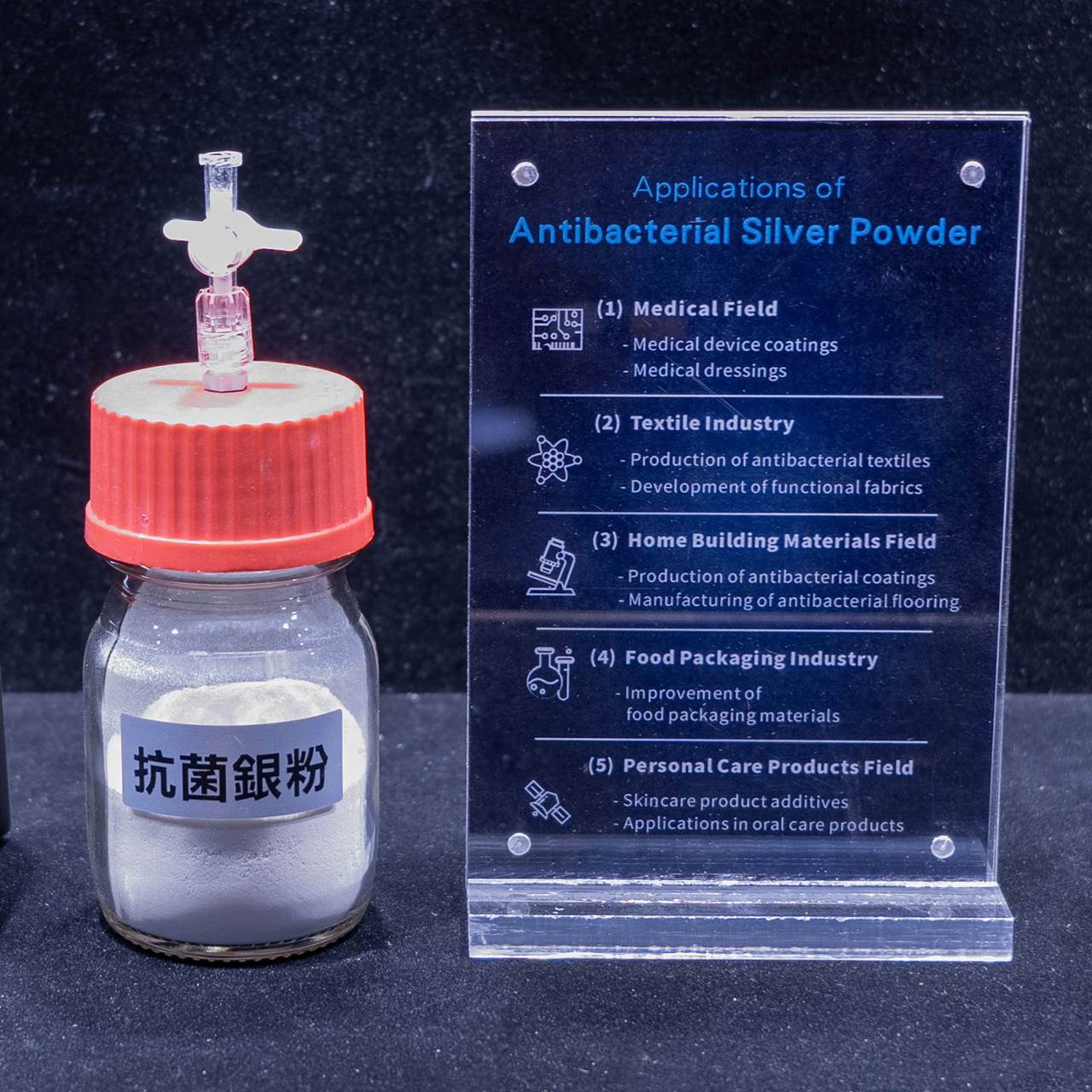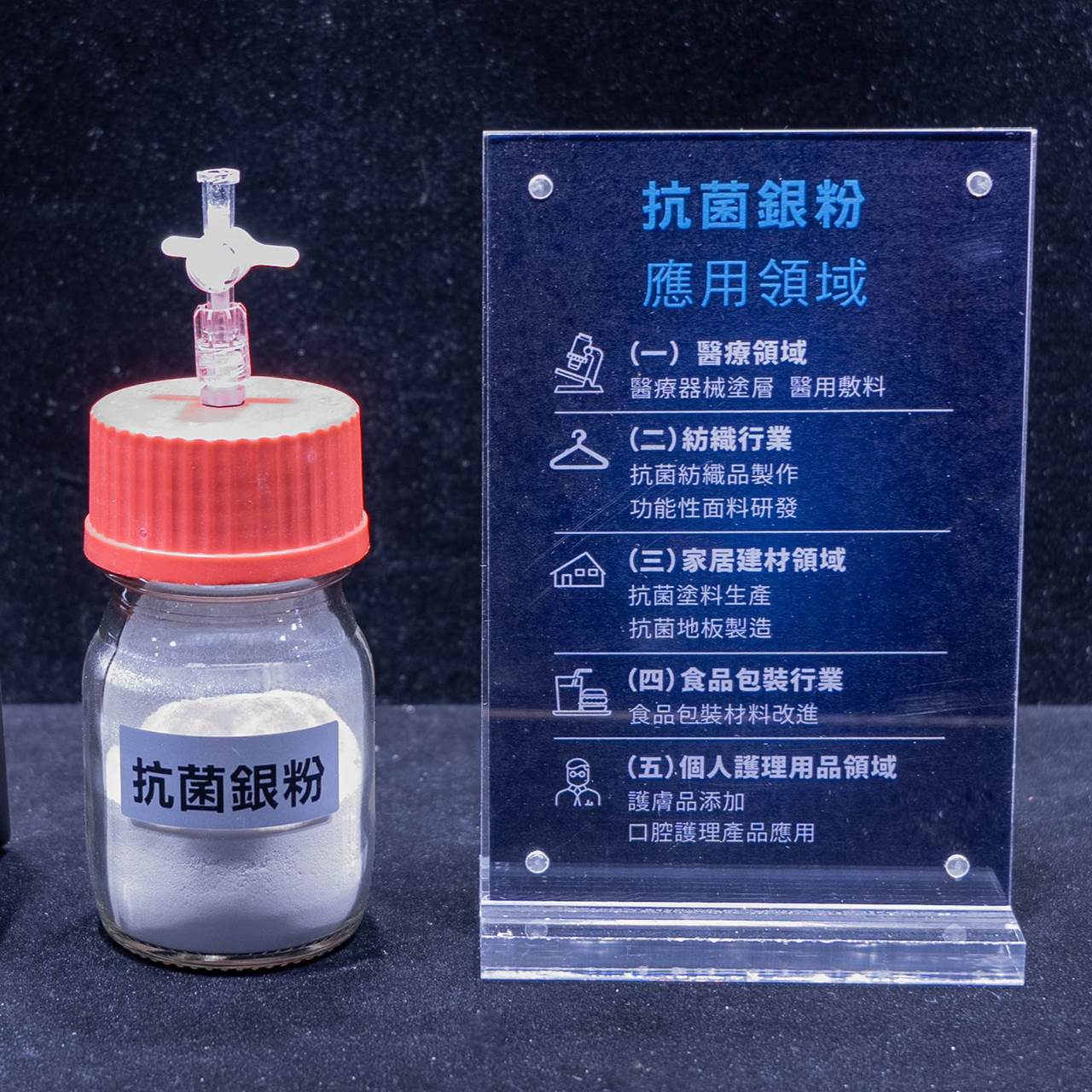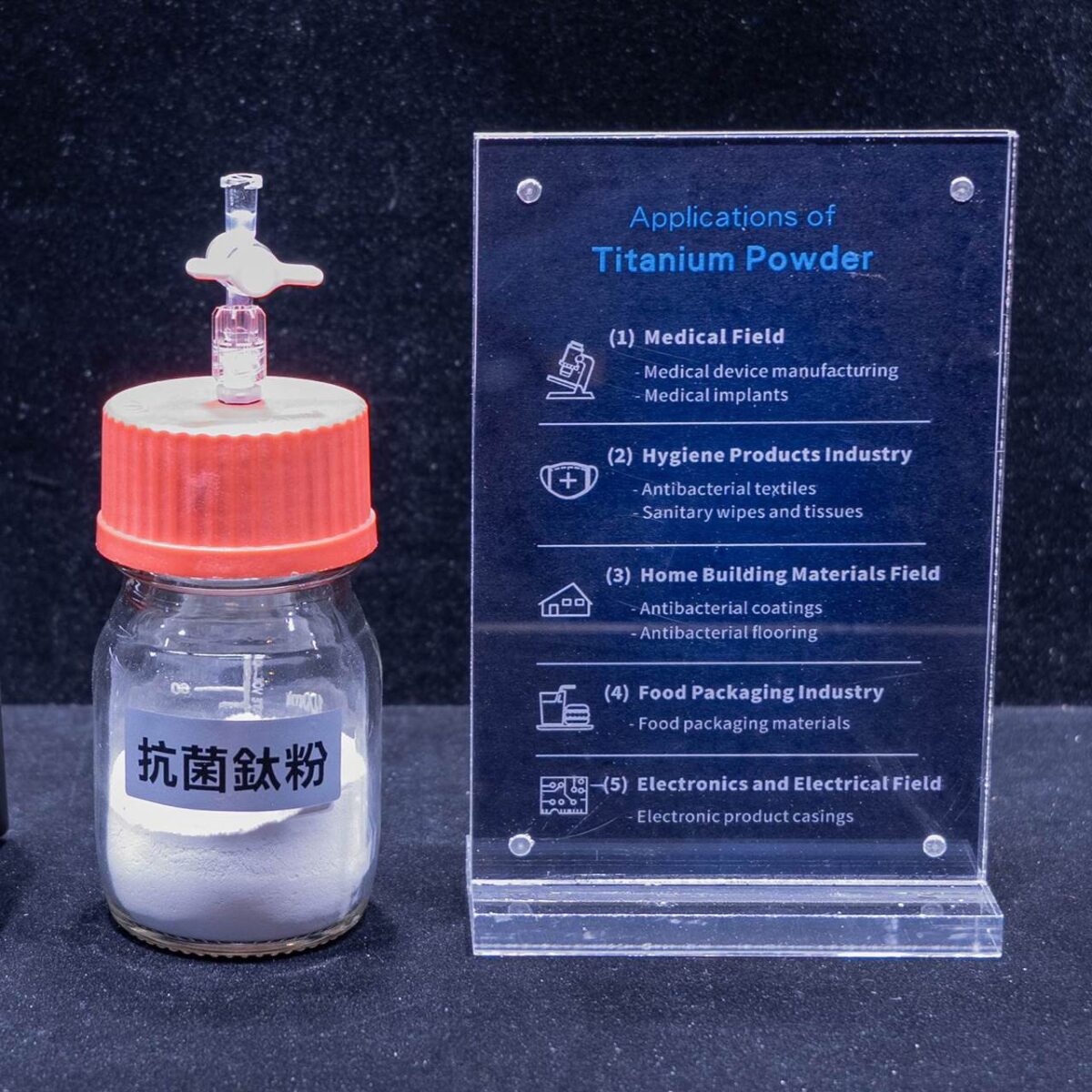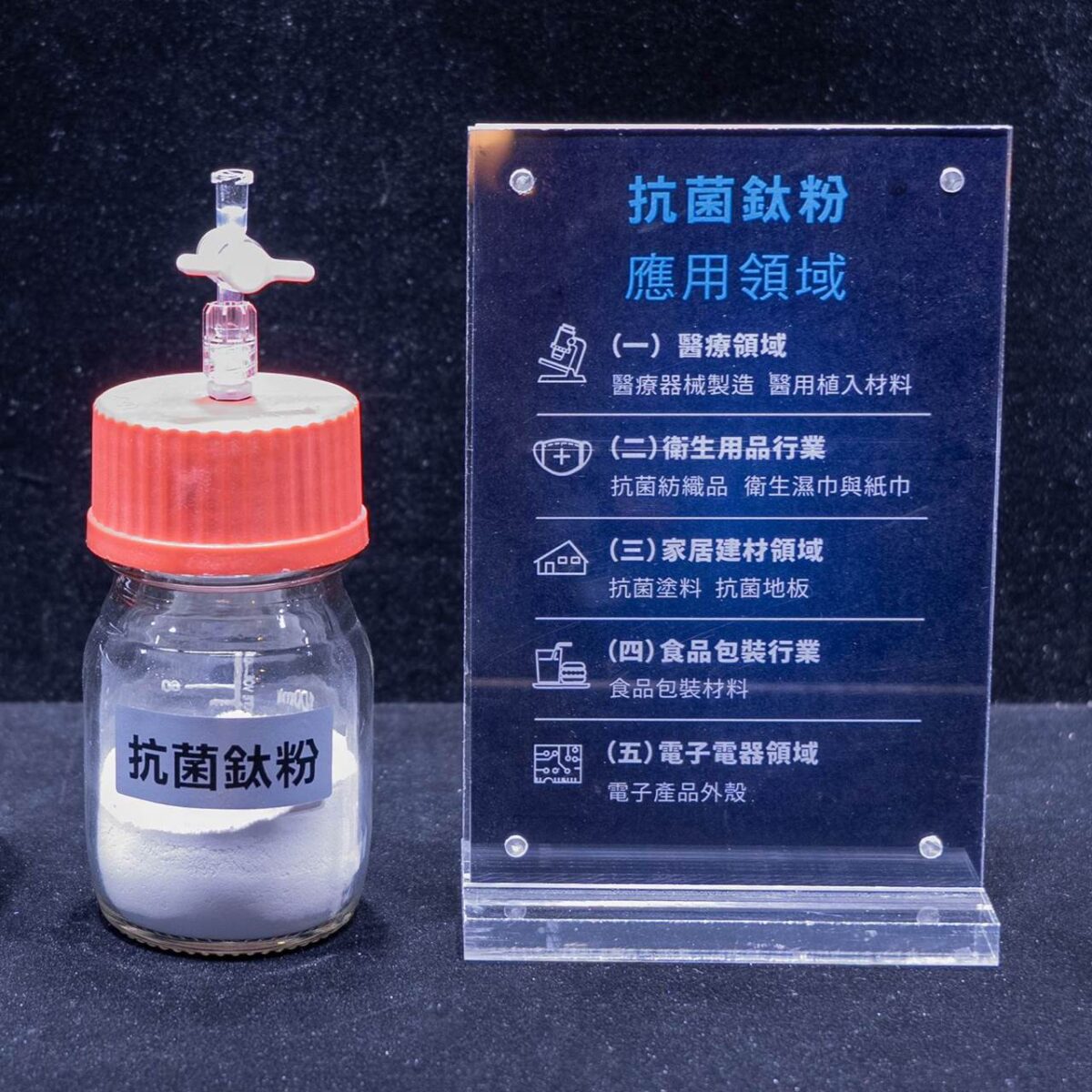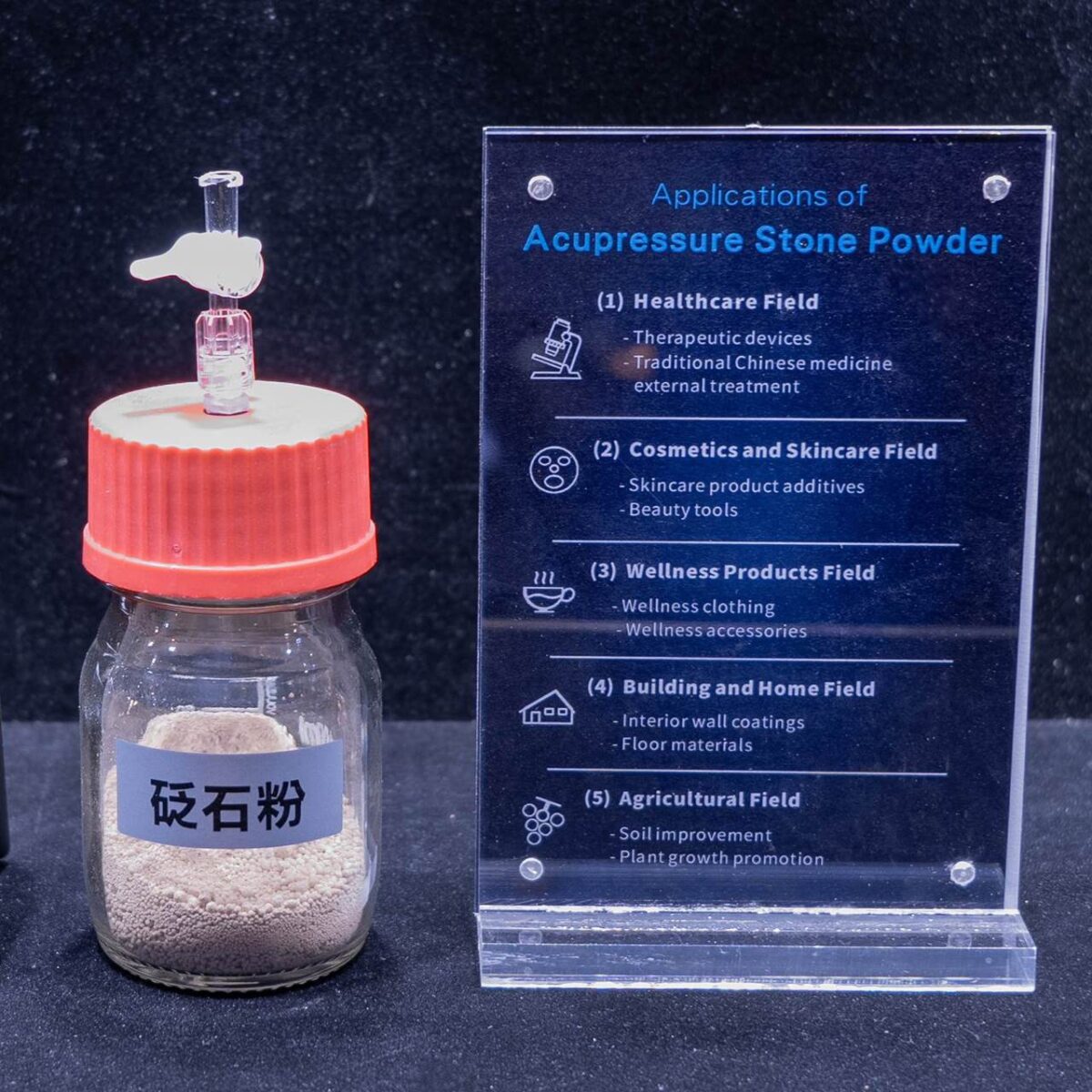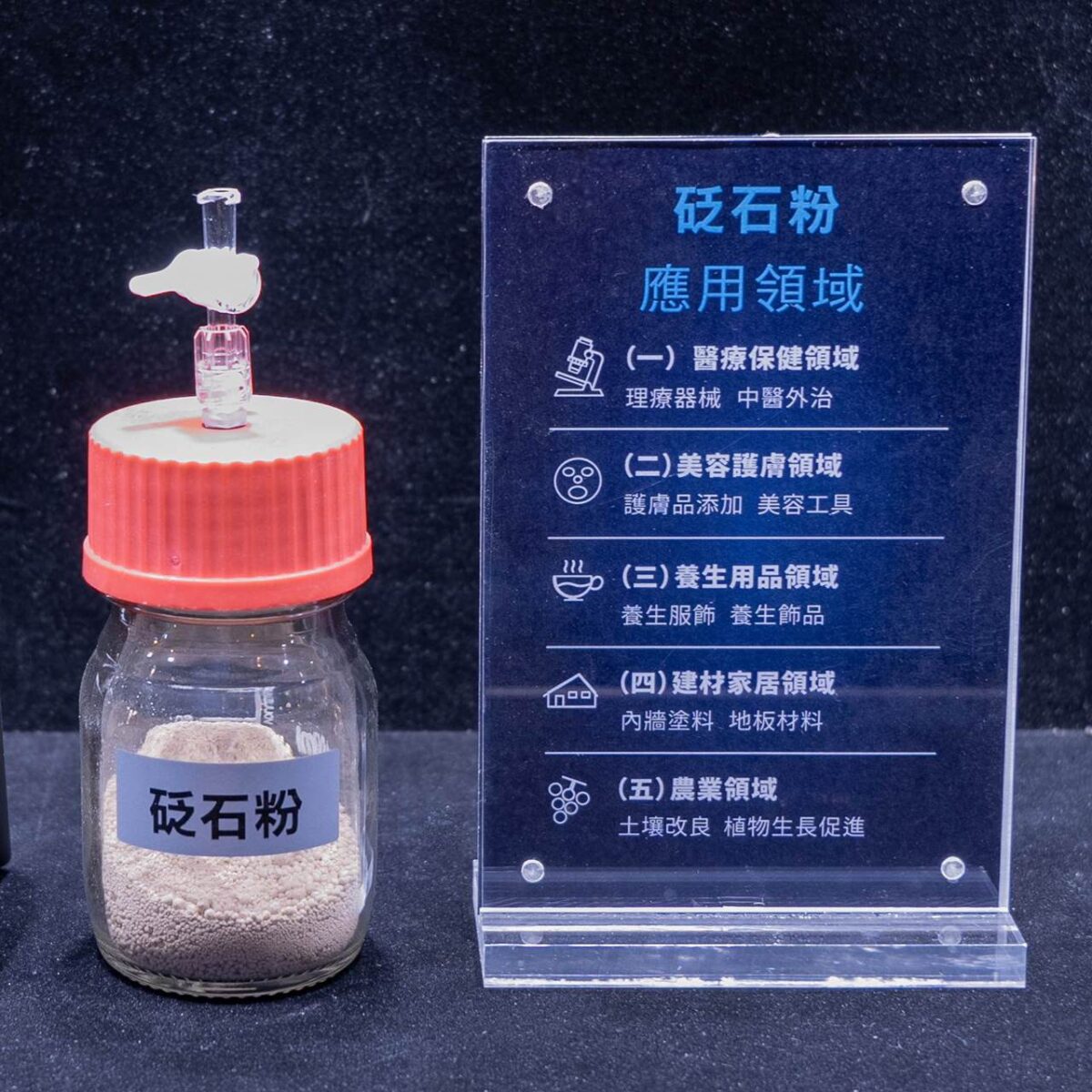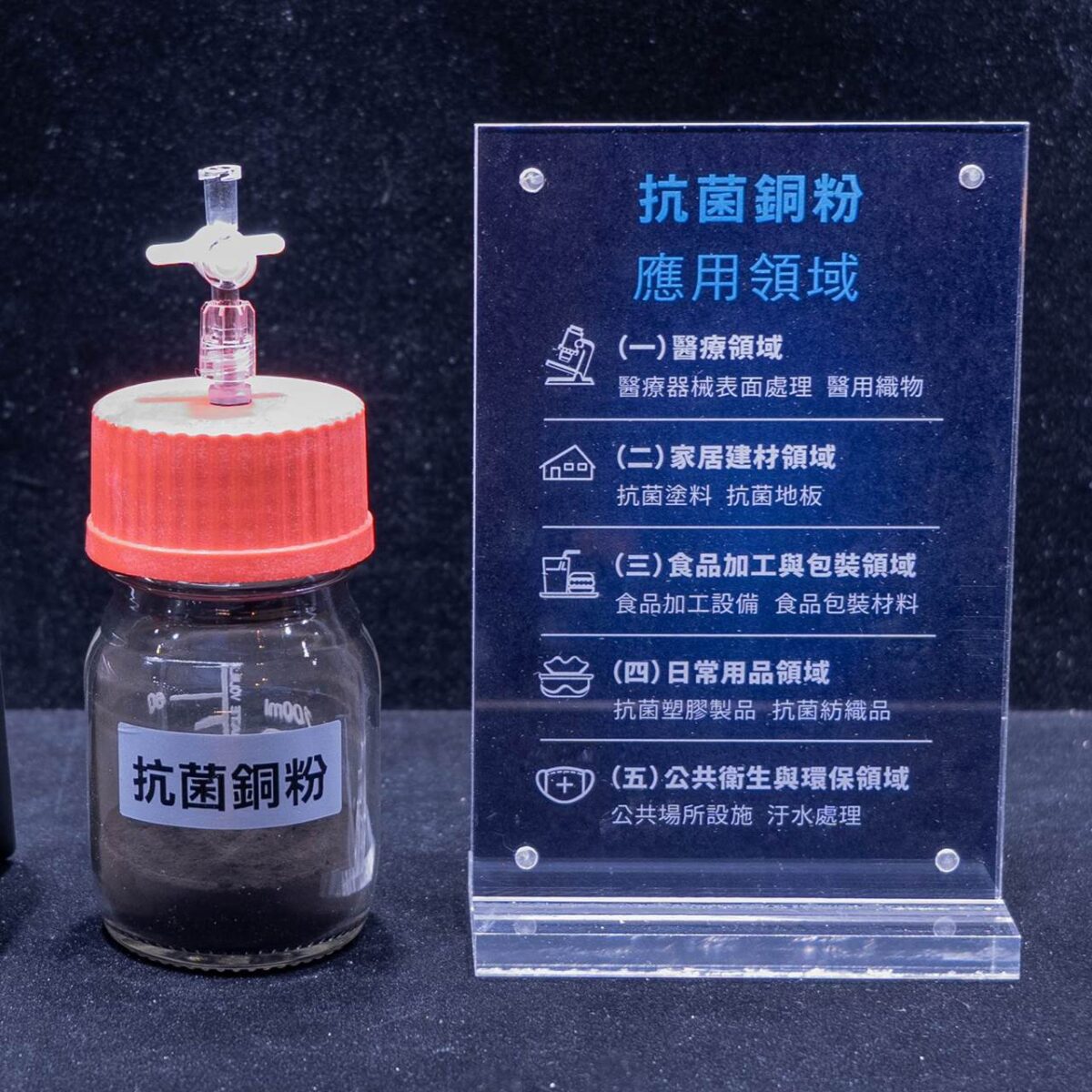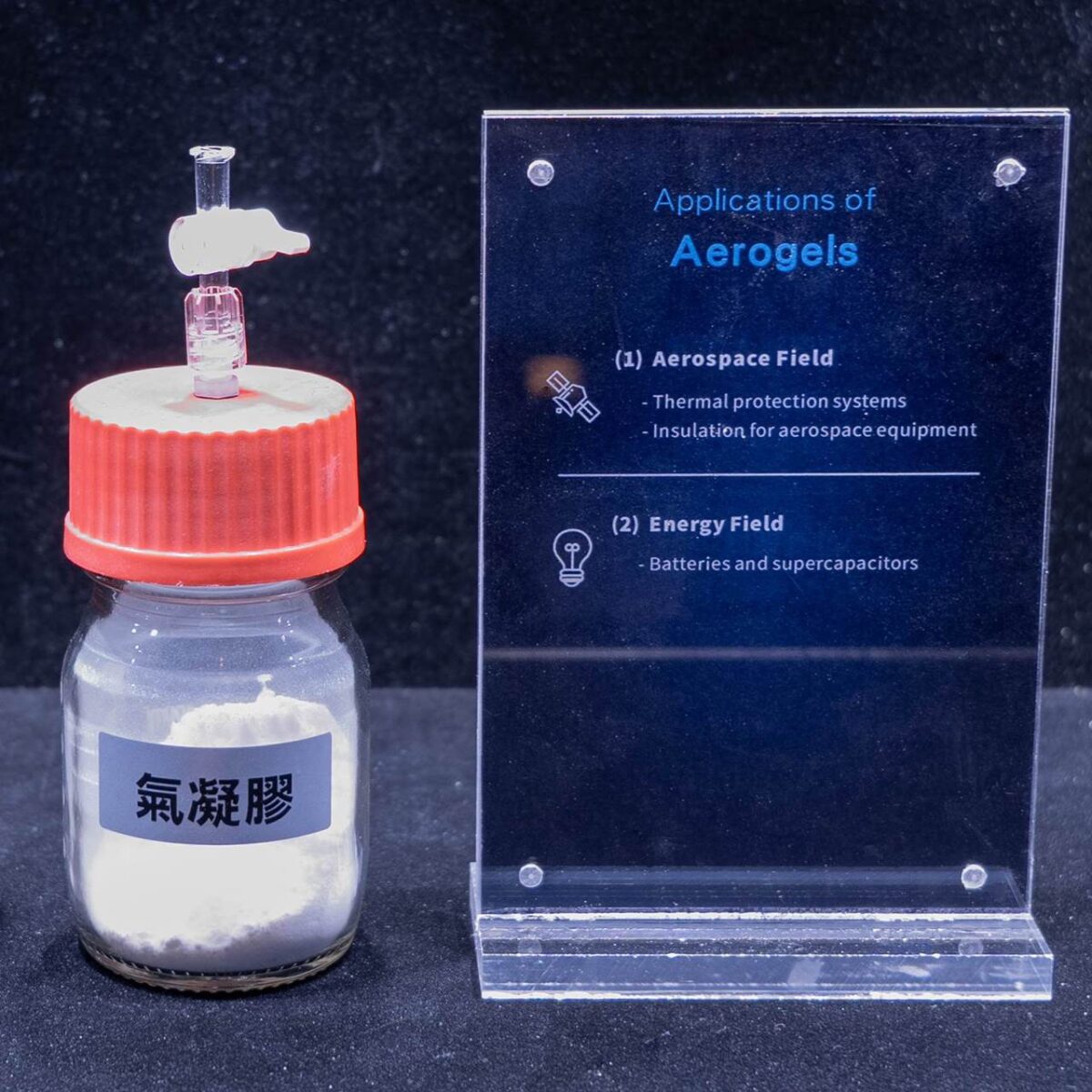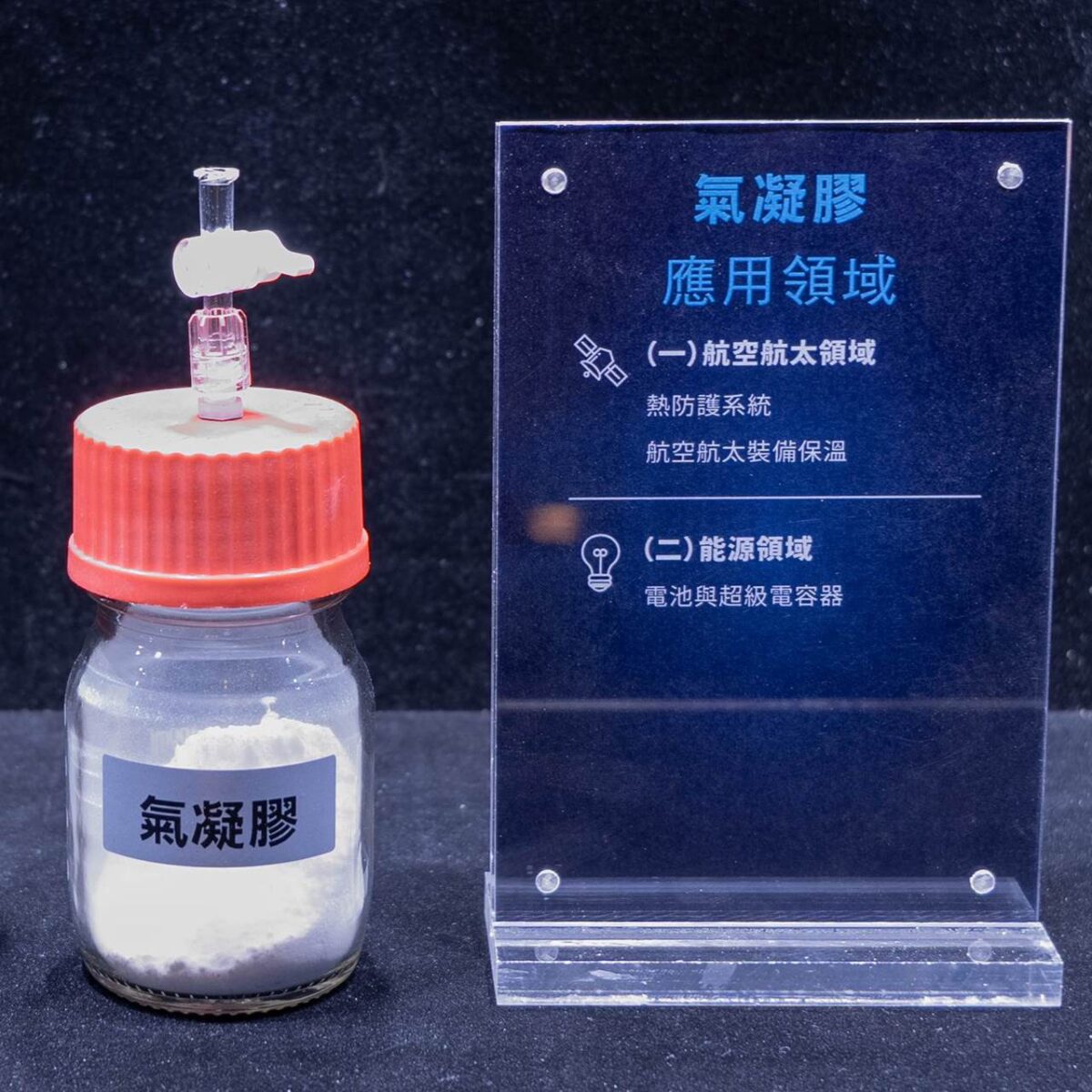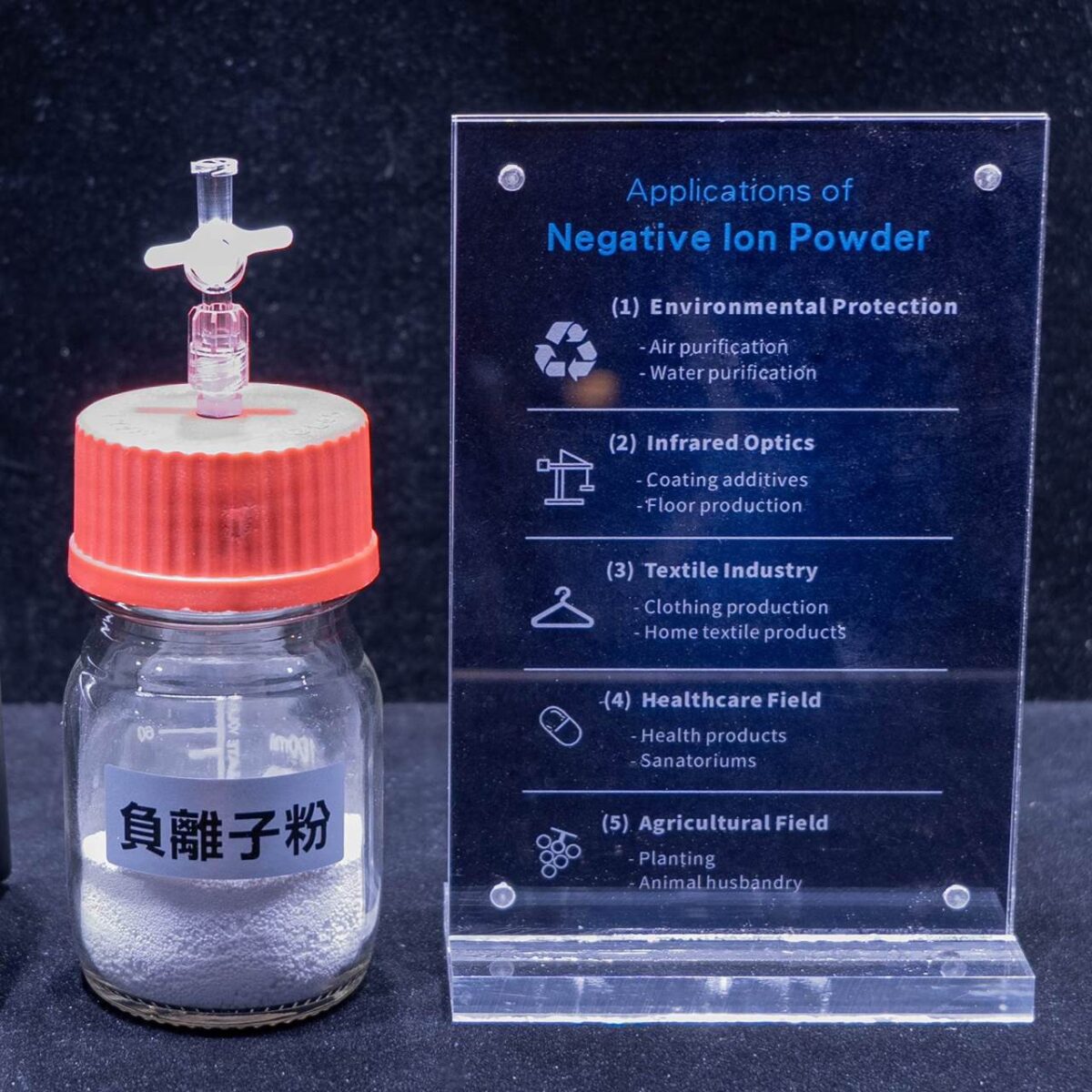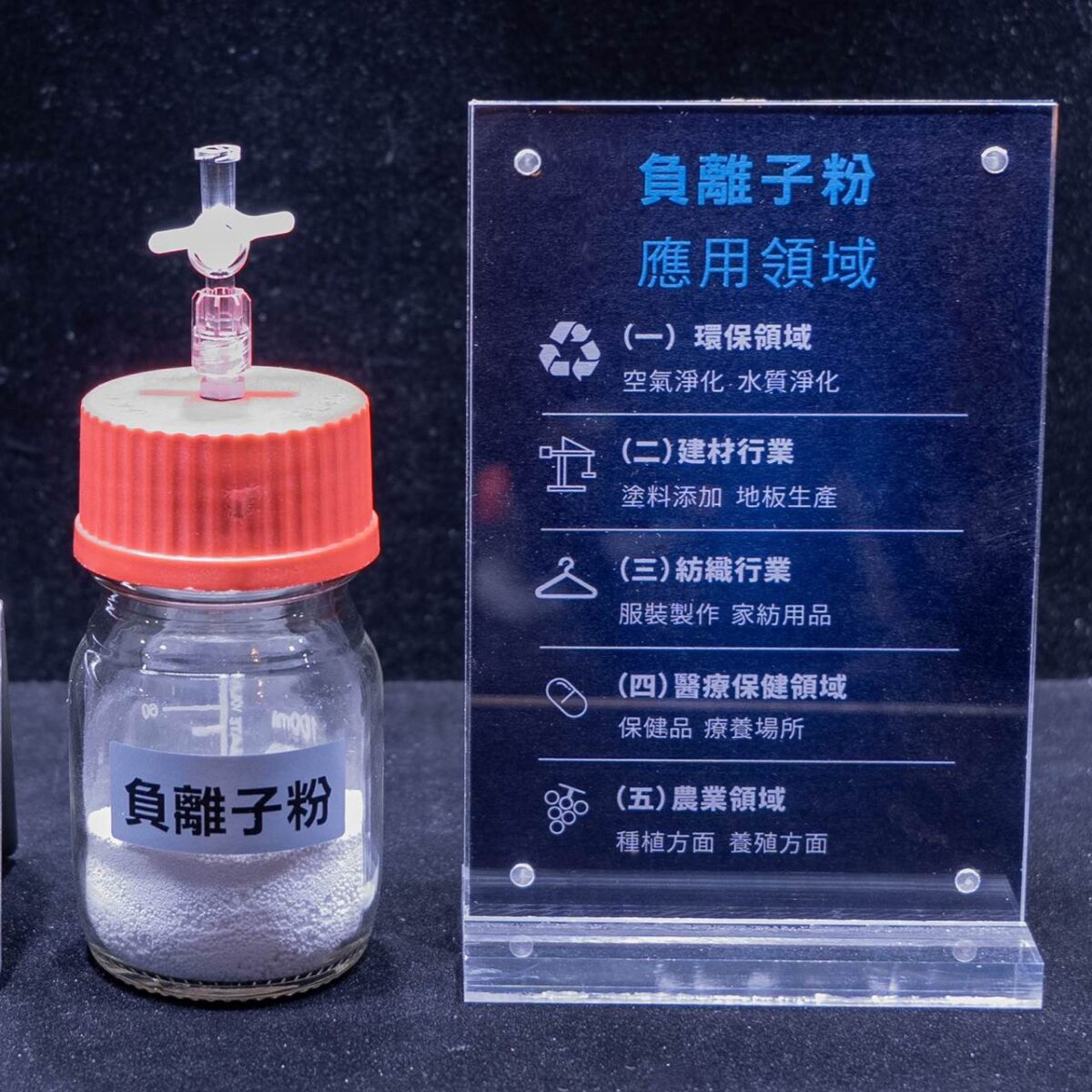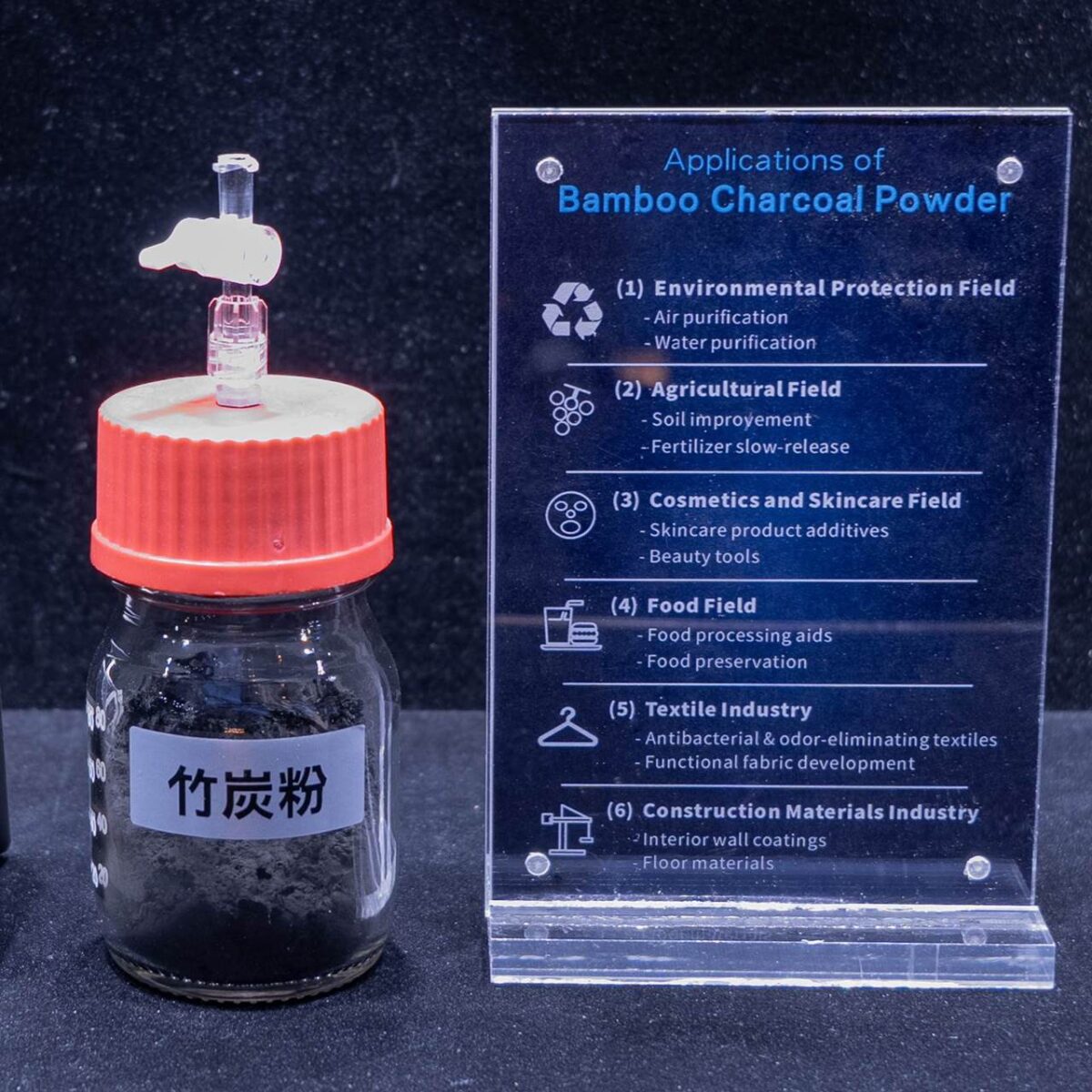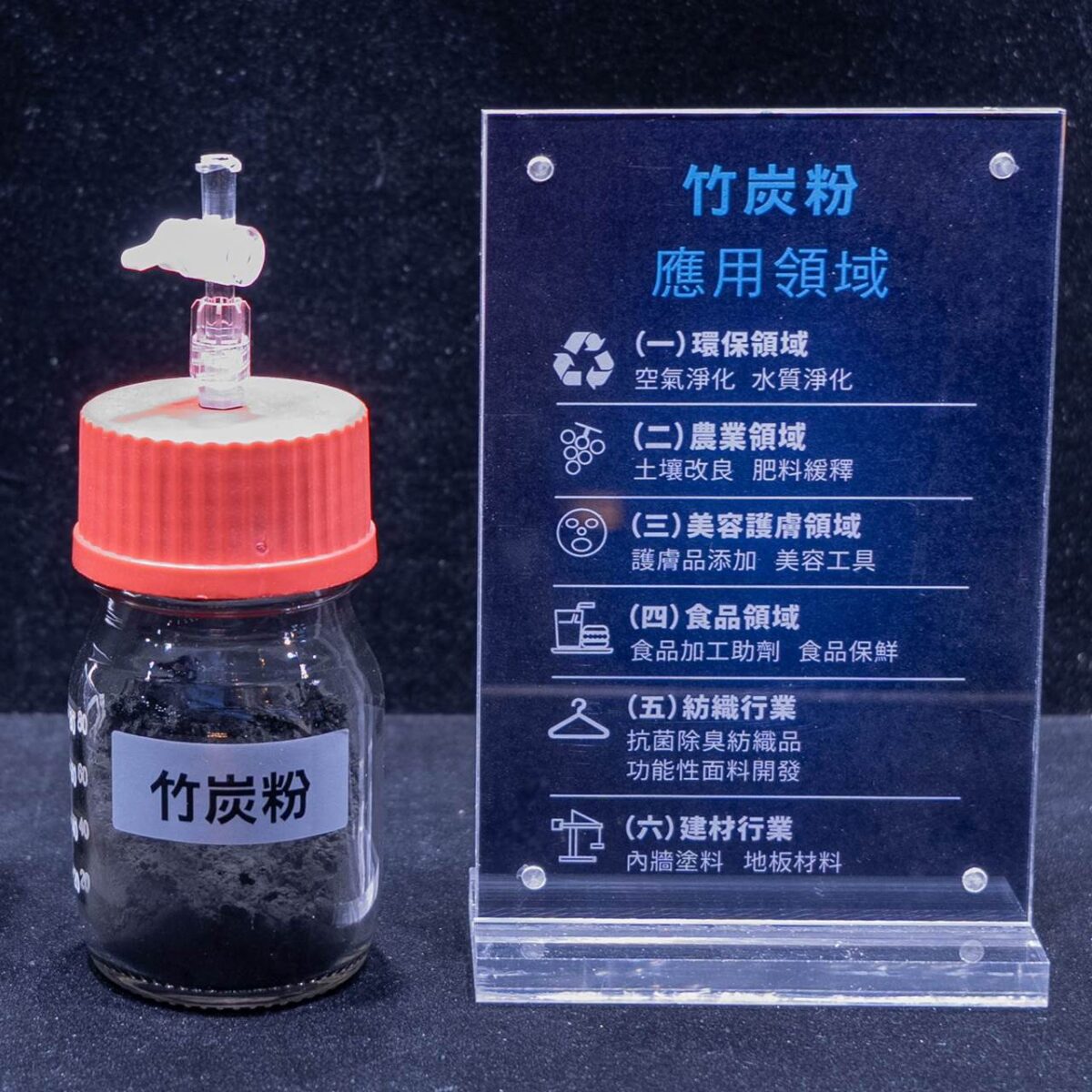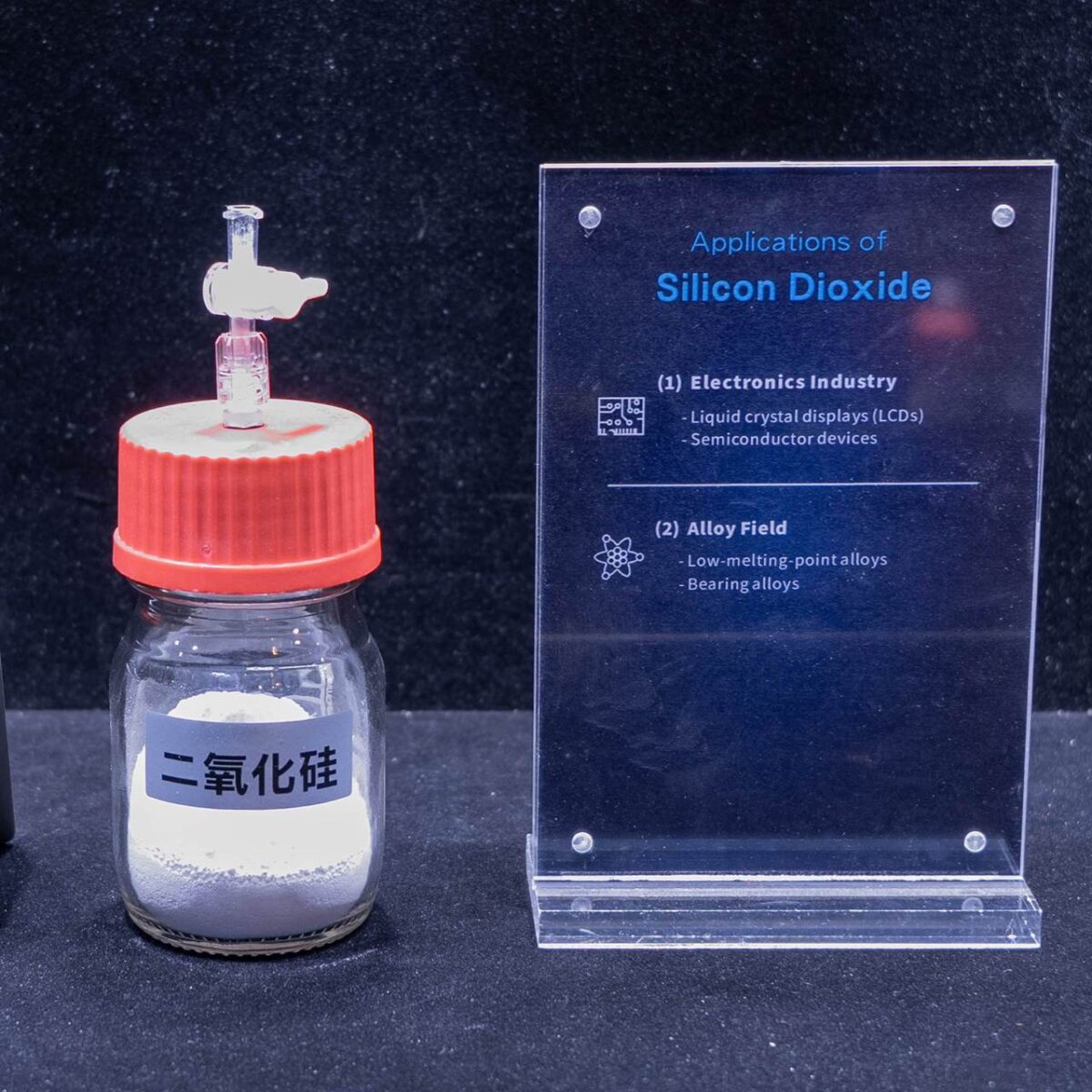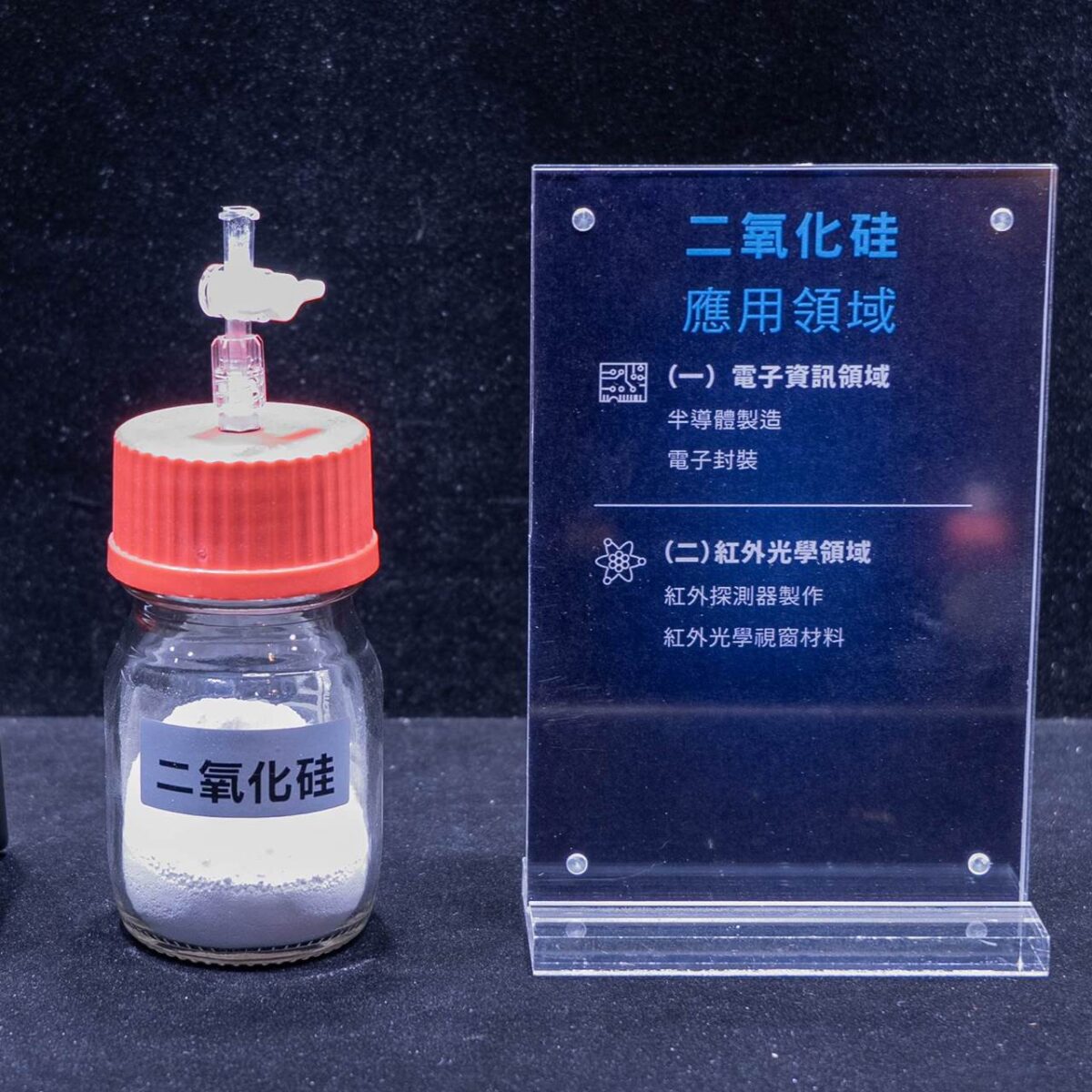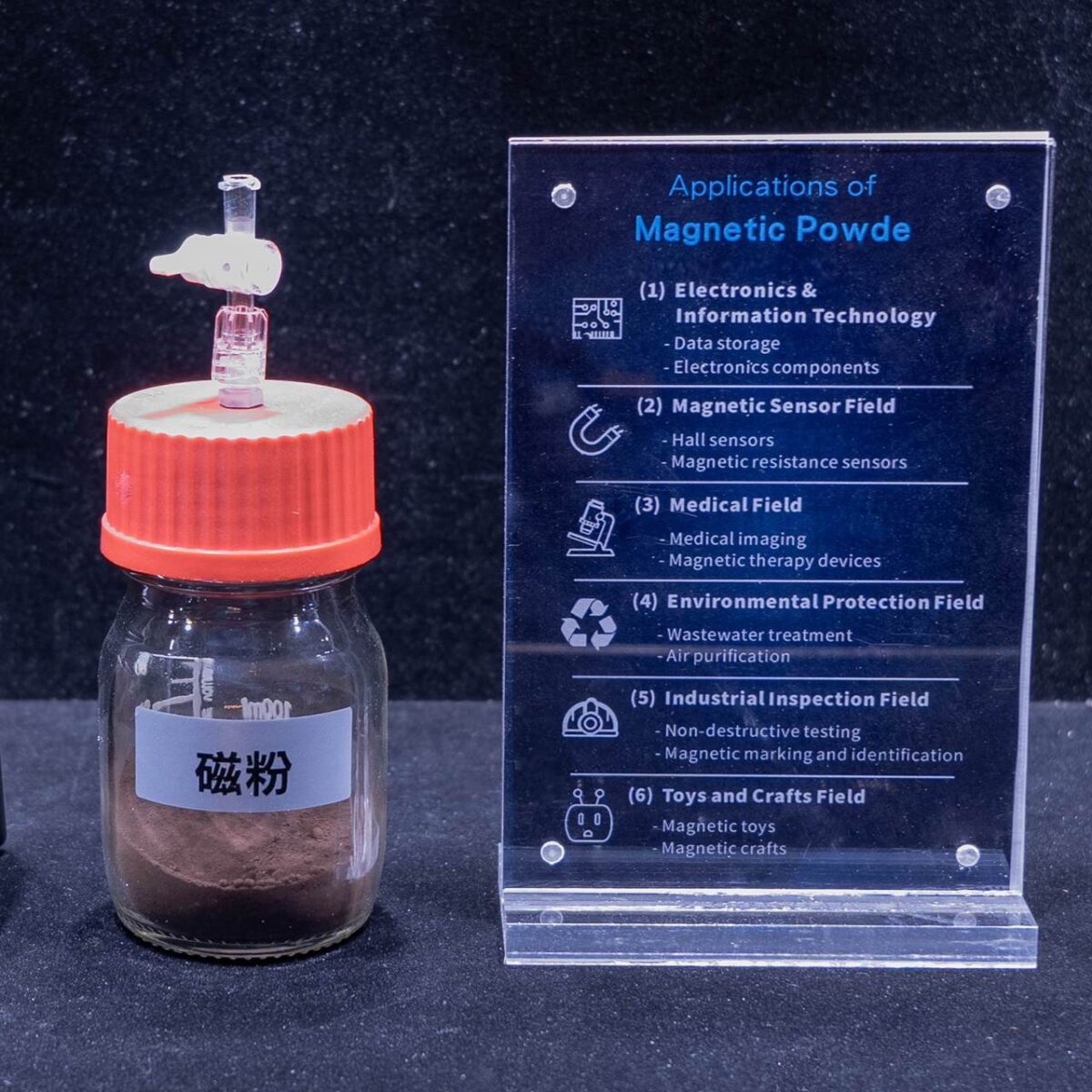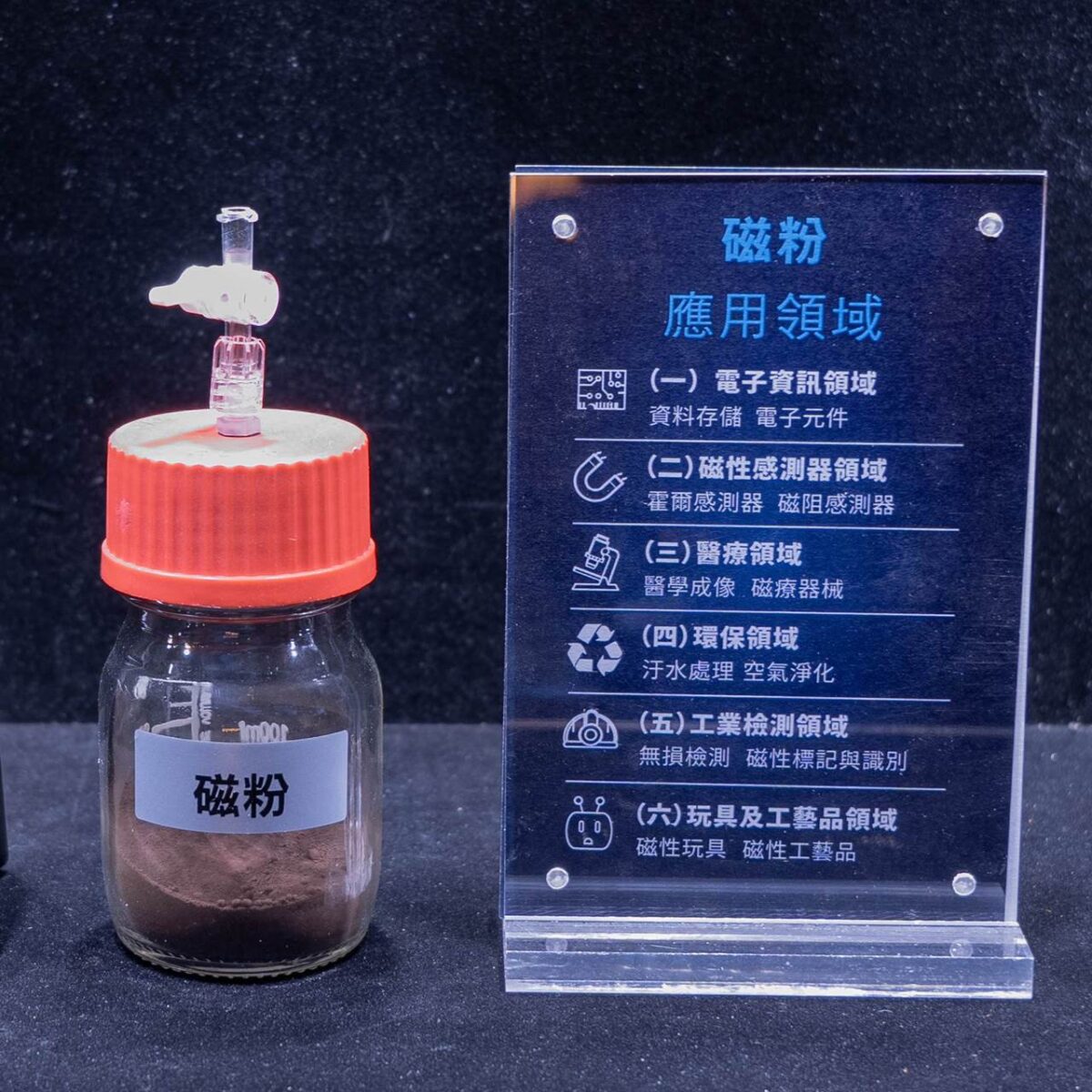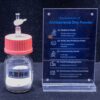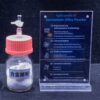Antibacterial Silver Powder
Medical Field
Medical Device Coatings
Adding antibacterial silver powder to the surface coating materials of various medical devices (such as surgical knives, tweezers, catheters, etc.) gives the device surface antibacterial ability, effectively reducing the attachment and breeding of bacteria on the device, reducing the risk of cross-infection during the use of medical devices, ensuring the safety and hygiene of medical operations, and is especially significant for medical devices that need to be used frequently or left in the human body for a long time.
Medical Dressings
Used to make medical gauze, band-aids and other dressings, the antibacterial silver powder can slowly release silver ions to inhibit the proliferation of bacteria around the wound, prevent wound infection, accelerate wound healing, provide better protection for patients’ wound care, and reduce the pressure on medical staff to monitor wound infections.
Textile Industry
Antibacterial Textile Production
Added to textile fibers to produce clothing, bedding, towels and other textiles with antibacterial functions. It can inhibit the growth of common bacteria and fungi on the surface of textiles, for example, it can effectively prevent the proliferation of bacteria in sports clothing due to sweating and the production of odors, reduce skin health problems caused by bacterial reproduction in underwear, provide a healthier and more comfortable wearing experience for people, and is popular in daily wear and some special hygiene protection scenarios.
Functional Fabric Development
It helps to develop functional fabrics with antibacterial properties applied to hospital work clothes, hotel bedding and other places, to meet the high requirements of specific places for hygiene, clean and prevent microbial spread, helps to create a healthy environmental atmosphere, and improve the service quality of related industries.
Home Building Materials Field
Antibacterial Coating Production
As an additive mixed into building coatings, the walls and furniture surfaces after brushing can exert long-term antibacterial effects, inhibit the growth of microorganisms such as mold and bacteria, avoid the occurrence of mold and discoloration on the wall that affect aesthetics and hygiene, maintain the cleanliness and dryness of the indoor environment, and also help to extend the service life of coatings, reduce coating damage caused by microbial erosion and other problems.
Antibacterial Floor Manufacturing
Applied in the production process of floor materials such as wooden floors and tiles, the floor has antibacterial properties, reducing the growth of bacteria and mold on the floor. For families with children, the elderly, pets or people with low immunity, as well as public places such as hospitals, kindergartens, and nursing homes, it can greatly improve the hygiene quality of the floor environment and reduce the risk of diseases caused by microbial contact.
Food Packaging Industry
Food Packaging Material Improvement
Added to plastic, paper and other food packaging materials, using its antibacterial properties to inhibit the growth of microorganisms such as bacteria and mold on the surface of packaging materials, prevent microbial contamination of food, extend the shelf life of food, ensure the quality and safety of food during storage and transportation, better meet the strict requirements of food packaging for hygiene, freshness and other aspects, and reduce food waste caused by microbial contamination of packaging materials.
Personal Care Products Field
Skincare Product Addition
Some skincare products (such as creams, lotions, etc.) will add a moderate amount of antibacterial silver powder, using its antibacterial characteristics to inhibit the proliferation of bacteria in the use of skincare products, ensure the quality and use safety of the products, and for consumers who are prone to skin inflammation and other problems, skincare products containing antibacterial silver powder can also help prevent skin infections to a certain extent and maintain skin health.
Oral Care Product Application
Used in toothpaste, mouthwash and other oral care products, it can inhibit the proliferation of harmful bacteria in the mouth, reduce the occurrence of oral problems such as bad breath, caries, gingivitis, help maintain cleanliness and hygiene of the oral environment, and improve the level of oral health.

